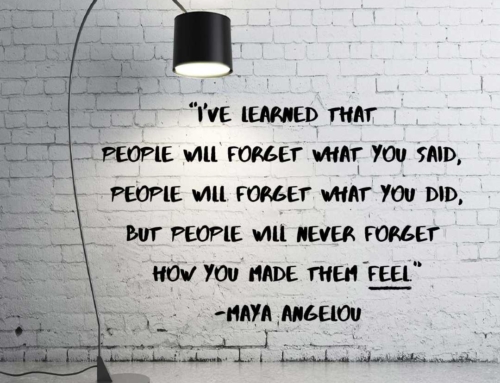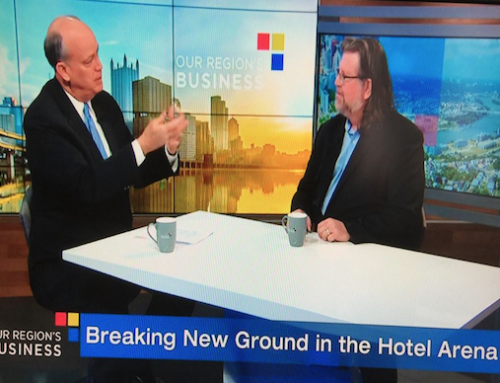 And, you don’t necessarily need a loyalty program for your business!
And, you don’t necessarily need a loyalty program for your business!
I’m sure you’ve heard the an old saying, “If you want loyalty, buy a dog!” And, I agree!
Working for years in retail marketing, I’ve never been able to wrap my head around the long term benefits of loyalty programs. Granted, American Airlines frequent traveler program – the “MacDaddy” of all frequent buyer programs (however, I remember S & H Green Stamps too) – did wonders for them. And, certainly a ‘loyalty’ program might make sense when two or more brand choices are similar, but my argument in this situation is that these brands aren’t working hard enough to establish a unique point of ‘value-added’ differentiation.
My argument for years about loyalty programs is that practically all of them are loosely based on extortion principles. And, brands would be far better off if they worked on creating unique points of differentiation (e.g., Southwest’s “Bags Fly Free”) resulting higher performing goods and services they could drive their own loyalty.
Southwest airlines has a frequent flier program, but they look at that initiative as a ‘greens fee.’
If no one else has one in your competitive set, then why start one?
Apple is a perfect example of a company that gets brand loyalty. I’m an extremely loyal Apple computer owner (along with millions of other people), but their prices are higher than their competitors and they have no loyalty program.
Here are 7 ways to drive brand loyalty
- Sell great products that add value to people’s lives
- Deliver lights out service
- Be dependable and trustworthy
- Be nice – be caring
- Play nice
- Follow ethical business practices
- Be part of the fabric in the communities in which you do business (get involved)
It’s nice to see some research to support my loyalty marketing experiences and beliefs over the years too.
For example, a survey of 1,000 adults (here’s a brief recap) from British agency 23red found that:
- 91% of shoppers consider brands impact and contributions to the local community, the environment etc. when purchasing goods or services.
- 74% of those surveyed are interested in a brand’s ethics before deciding to buy
However, brands must be sincere about their ethics and community involvement.
Here is a report of another survey that found discovered that when “average customer satisfaction increases over time, there is less incentive for a company to offer a loyalty program.”
Now, you might say, “That’s common sense!”
Then, I’d say, “You’re right, but why are so many companies offering loyalty programs and where’s their common sense?”








